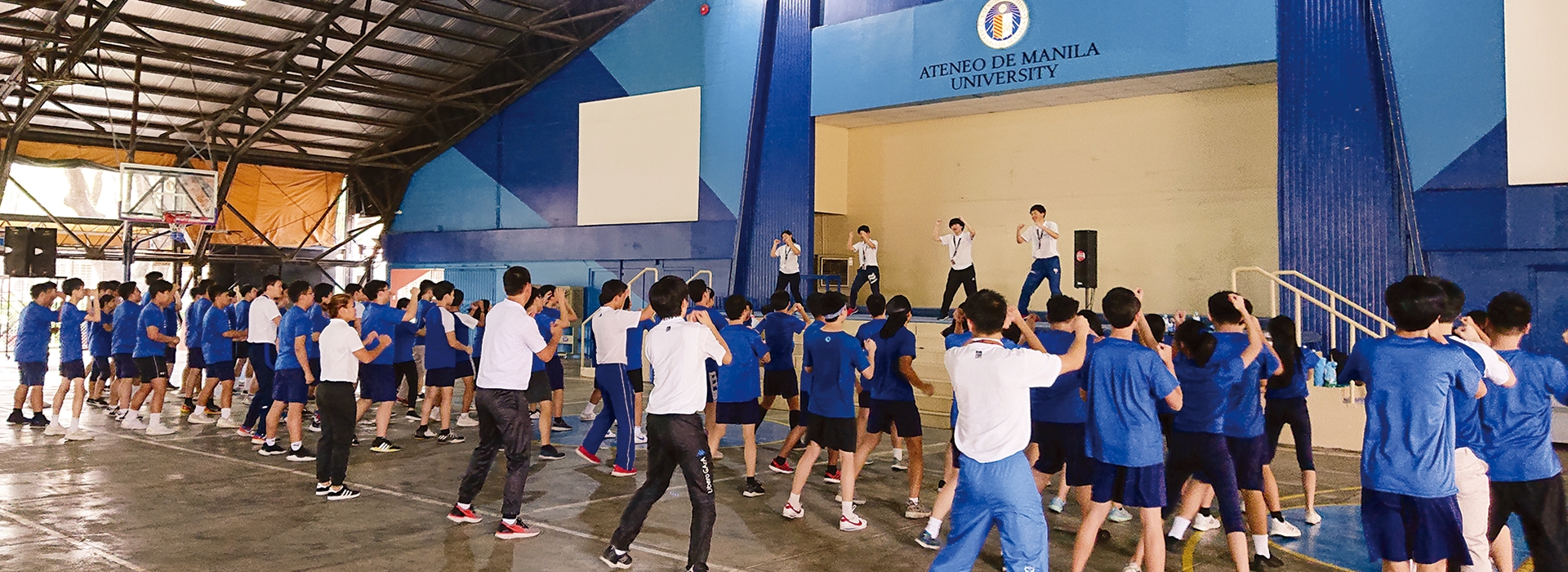
Department of Sport Studies for International Community
Facilitate development assistance and international exchange activities through sports in line with Japan’s spiritual tradition
The academic program offered at this Department is designed to teach its students the essential knowledge and skills for providing sports instructions in the global community and for promoting international cooperation, international exchange, and development
assistance activities through sports, all based on Japan’s spiritual culture. In addition, as universities in this day and age are under increasing expectations to engage in social contribution aside from their conventional education and research functions,
the curriculum is optimized for developing the students’ character and skills that allow them to participate in social contribution activities through sports in Japan and overseas.
| Curriculum duration: | Four years |
| Academic degree: | Bachelor (Physical Education) |
| Class size: | 100 students |
| Graduation requirement: | 124 credits at least |
Career paths and qualifications
Typical career paths
- Junior and senior high school teachers (health and physical education)
- Japan Overseas Cooperation Volunteers
- Public employees of various types
- Company employees, etc.
Licenses and qualifications that may be obtained
- Junior high school class-1 teacher license (health and physical education)
- Senior high school class-1 teacher license (health and physical education)
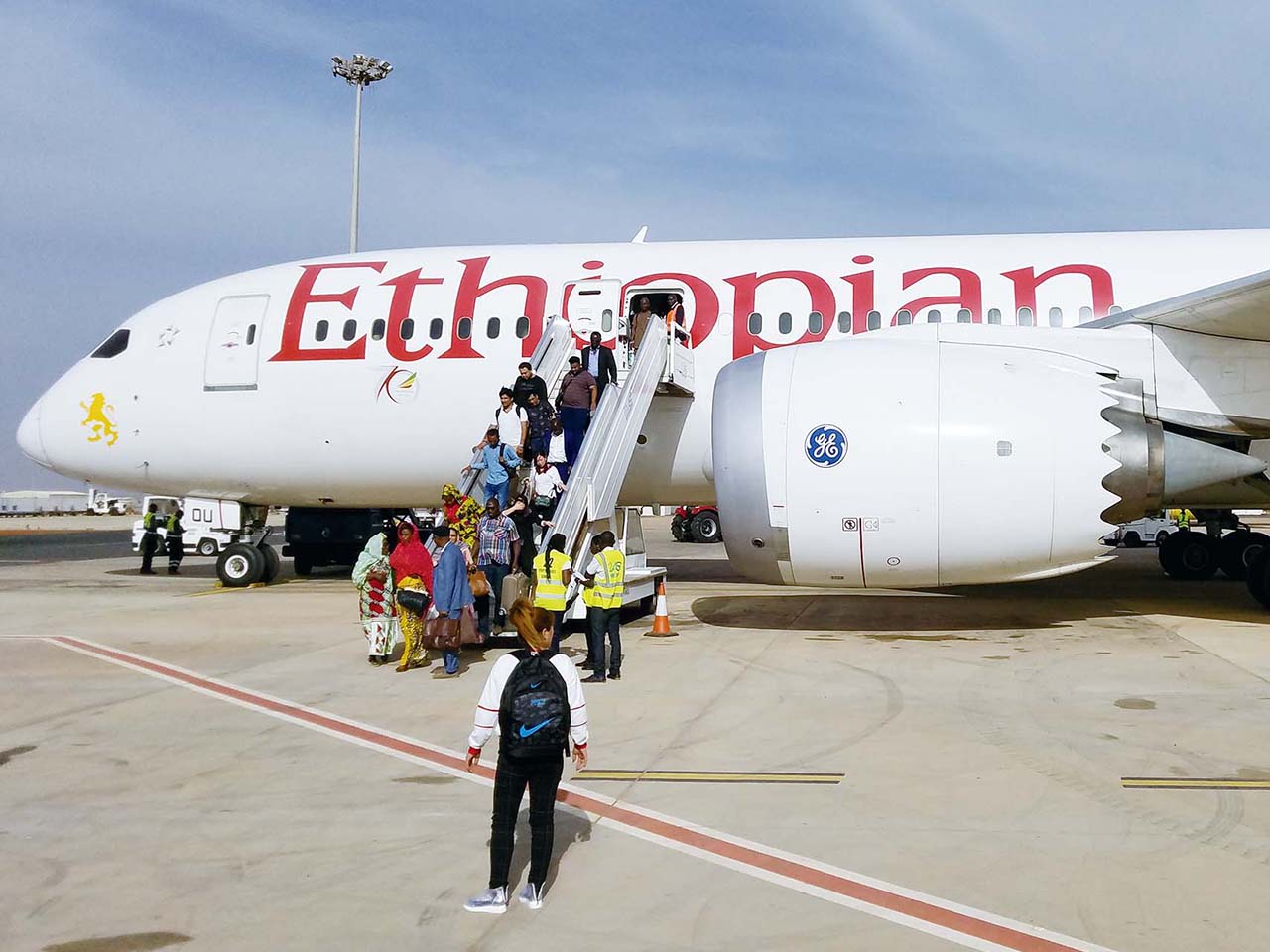
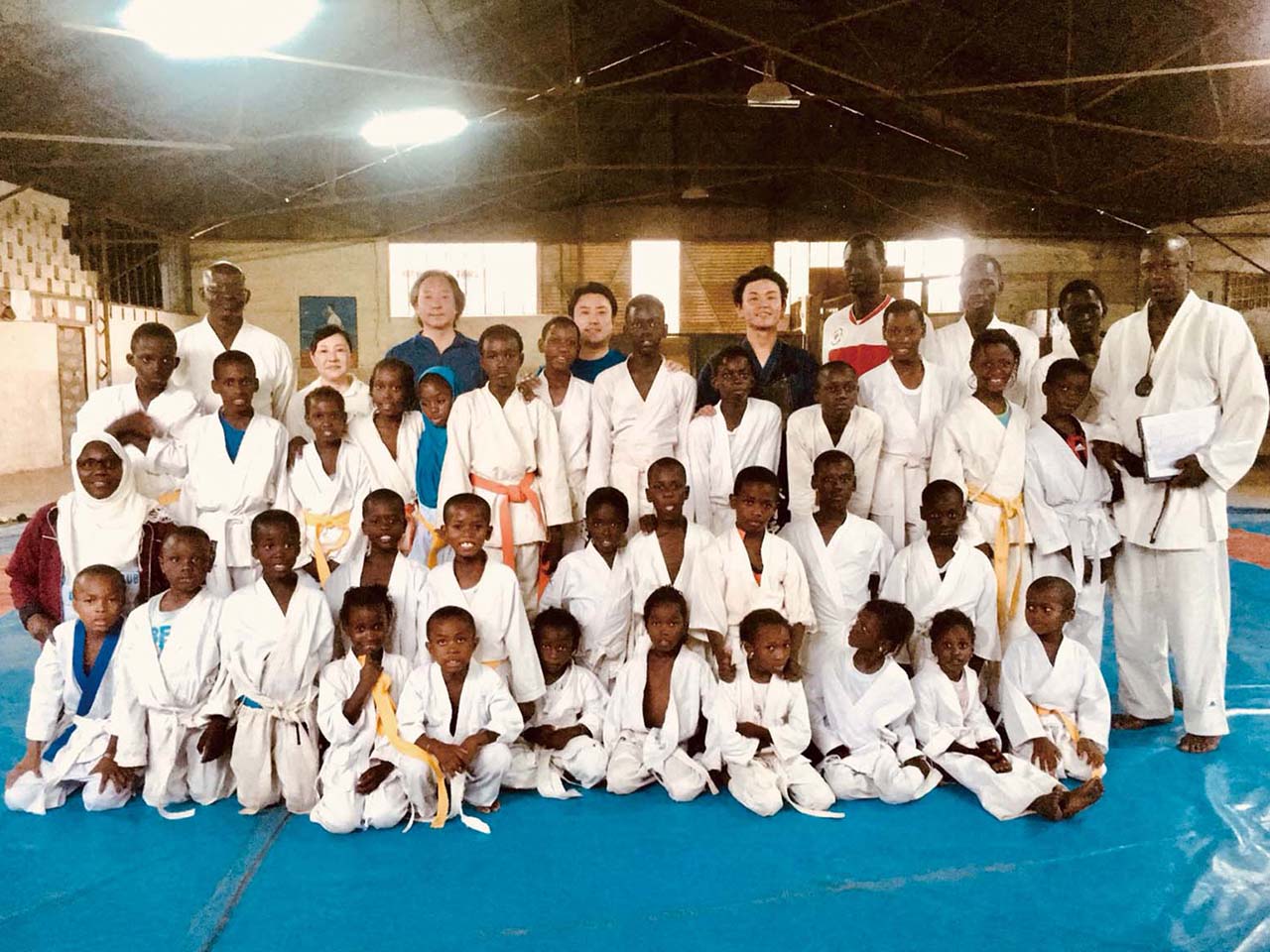
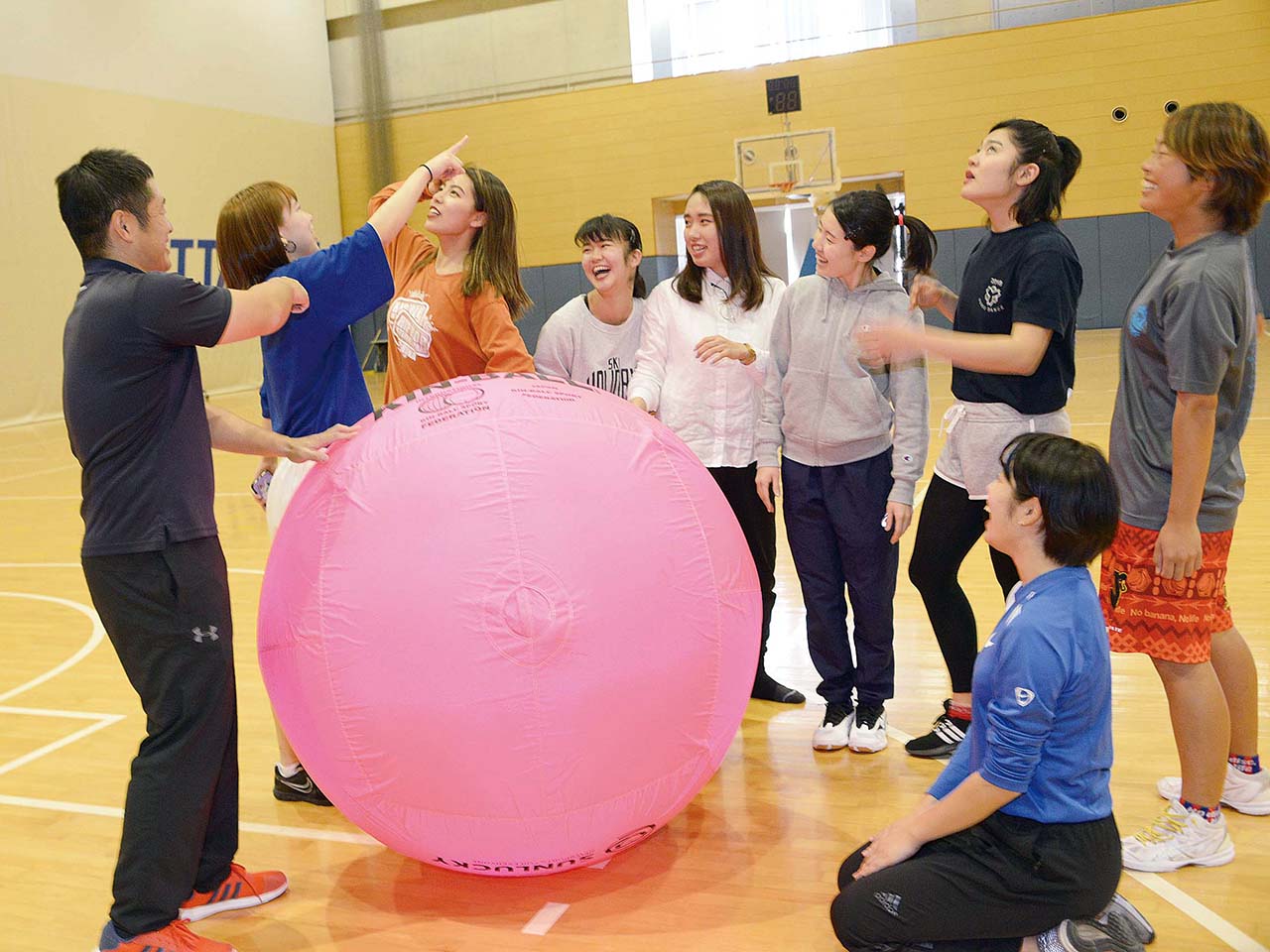
Key departmental features
Reflect on sport culture.
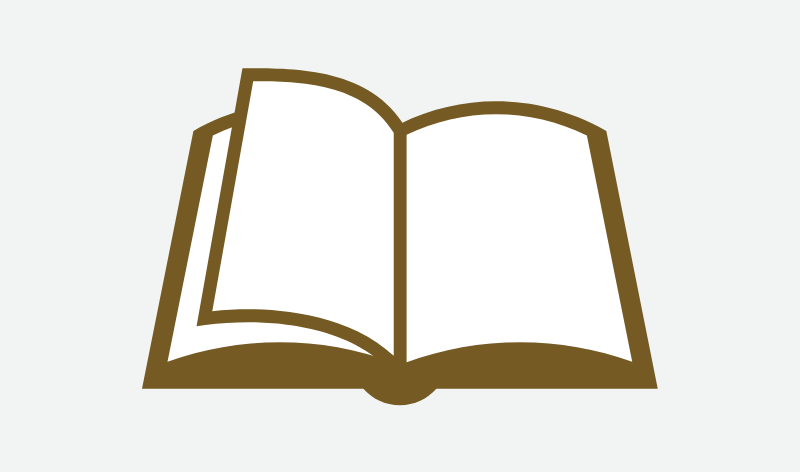 The preamble of the Basic Act on Sports includes a declaration that “sports are a universally shared human culture.” In line with this proclamation, this Department’s curriculum includes core courses (theoretical study) such as Sport-Oriented Global Overview,
Sports Fieldwork Theories, Asian Sports Culture, Western Sports Culture, and New Sports Theories, through which the students can learn various perspectives, ways of thinking, and methods for viewing different cultures in relative terms.
The preamble of the Basic Act on Sports includes a declaration that “sports are a universally shared human culture.” In line with this proclamation, this Department’s curriculum includes core courses (theoretical study) such as Sport-Oriented Global Overview,
Sports Fieldwork Theories, Asian Sports Culture, Western Sports Culture, and New Sports Theories, through which the students can learn various perspectives, ways of thinking, and methods for viewing different cultures in relative terms.
Put knowledge to practice.
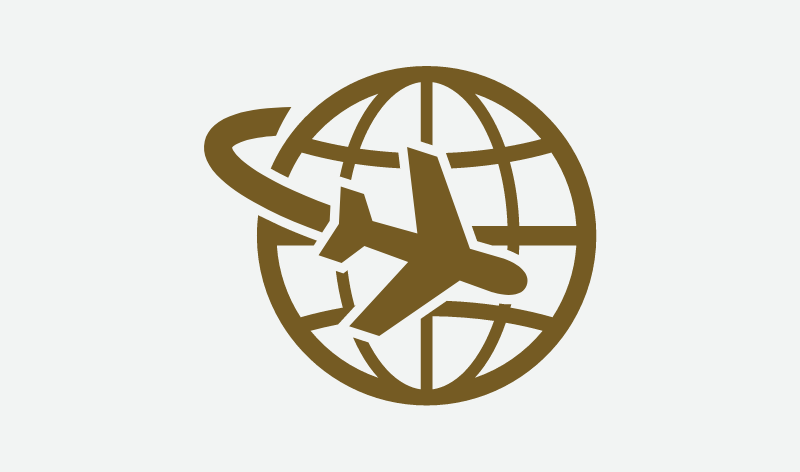 The core courses (practical study) include compulsory courses such as Sports Fieldwork Practicum and New Sports Demonstration, through which the knowledge the students learn in the core courses (theoretical study) can be tested in training format. There
are other courses such as International Sports Practicum and International Sports Assistance Practicum that give the students valuable opportunities to experience sports assistance activities in other countries and learn how to apply their knowledge effectively.
The core courses (practical study) include compulsory courses such as Sports Fieldwork Practicum and New Sports Demonstration, through which the knowledge the students learn in the core courses (theoretical study) can be tested in training format. There
are other courses such as International Sports Practicum and International Sports Assistance Practicum that give the students valuable opportunities to experience sports assistance activities in other countries and learn how to apply their knowledge effectively.
Expand your curiosity more!
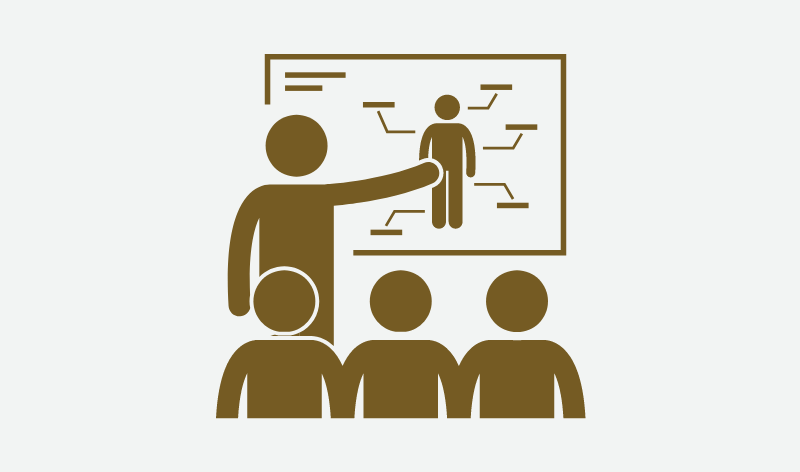 The upper-level courses (theoretical study) are designed to improve upon the academic scrutiny of the topics that were introduced in the core courses (theoretical study) and also expand into adjoining fields of study. In addition, the upper-level courses
(practical study) teach the students the skills of using one’s body to express its inner feelings and thoughts, and of providing sports instructions without using any tools overseas. It also offers opportunities to experience sporting activities that
fall within the concept ethnic sports, which has the potential of expanding the students’ objects of curiosity.
The upper-level courses (theoretical study) are designed to improve upon the academic scrutiny of the topics that were introduced in the core courses (theoretical study) and also expand into adjoining fields of study. In addition, the upper-level courses
(practical study) teach the students the skills of using one’s body to express its inner feelings and thoughts, and of providing sports instructions without using any tools overseas. It also offers opportunities to experience sporting activities that
fall within the concept ethnic sports, which has the potential of expanding the students’ objects of curiosity.
Department’s academic aim
Learn key practical skills for making contribution and performing well in various circumstances and capacities through sports.
The Department’s curriculum is designed for the students to build the character that propels them to facilitate social contribution mainly through sporting activities in Japan and abroad, acquire the ability that allows them to join and perform well as
employees of international sports federations and sports-related companies, and learn the skills that enable them to become employees of municipalities in Japan and facilitate sports and other related activities. In addition, the curriculum also teaches
practical skills that can be applied instantly to solve various problems in various circumstances. Sample courses
Interact with students in other countries through sports.
International Sports Practicum
Key features of this practical course- Travel out of the campus into other countries to immerse in valuable experiences.
- Directly communicate with children in other Asian countries using English.
- Despite the coronavirus pandemic, online technology allowed students to engage in communication with children overseas.
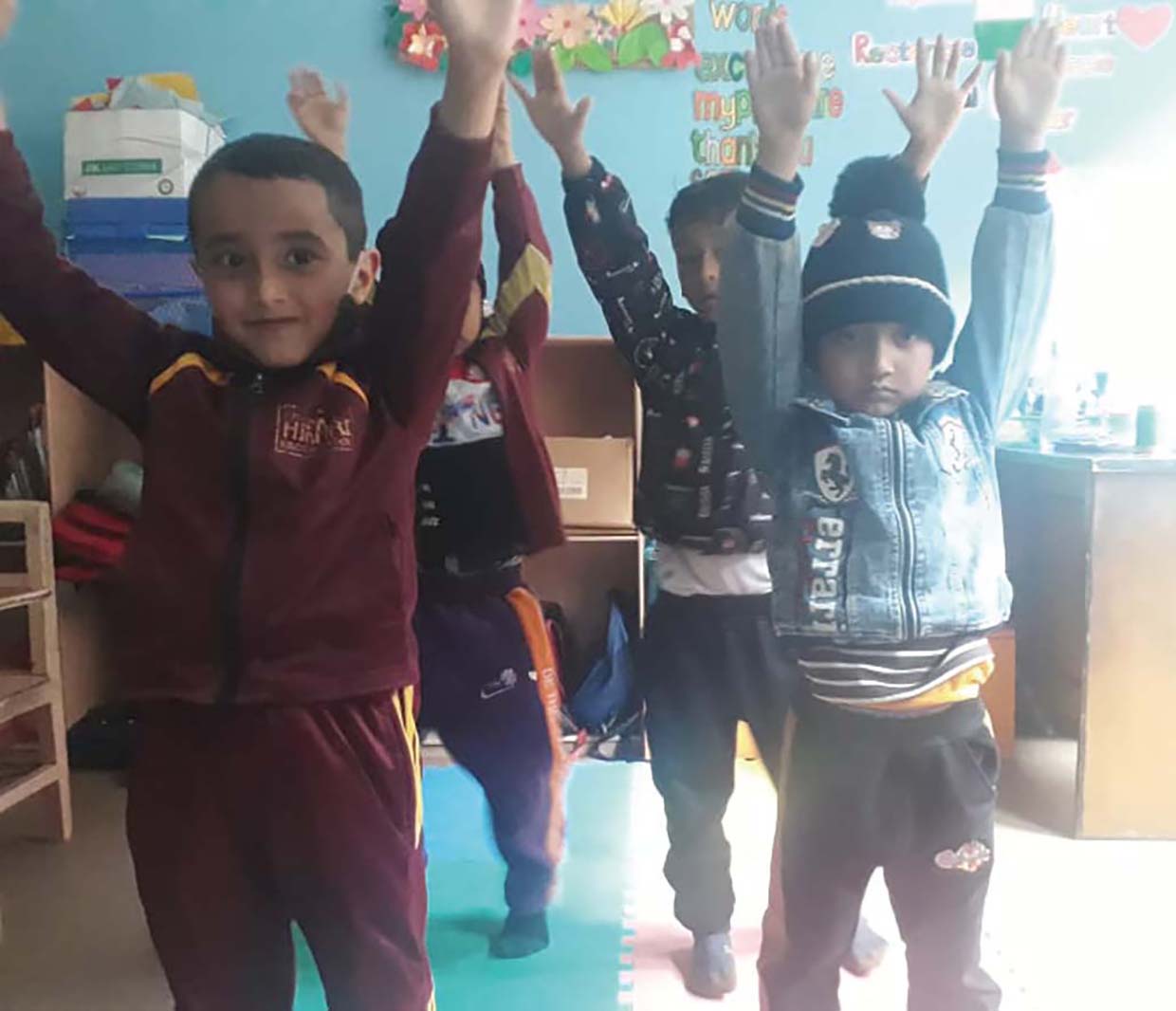 Image of children being given exercise instruction at the High School of Ateneo de Manila University, the Philippines
Image of children being given exercise instruction at the High School of Ateneo de Manila University, the Philippines
Ethnic Sports Demonstration
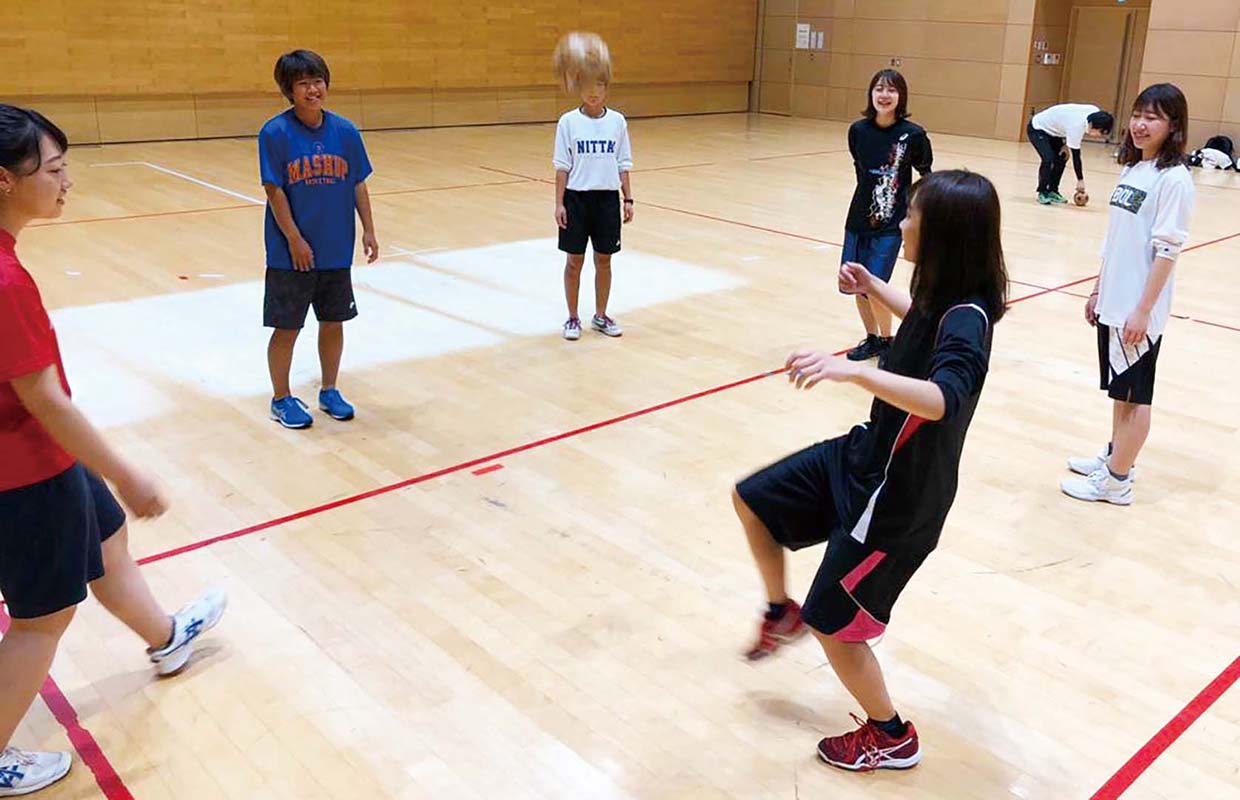 Gain insight into the practice and spiritual aspect of traditional sports unique to specific ethnicities.
Gain insight into the practice and spiritual aspect of traditional sports unique to specific ethnicities.
Ethnic sports are part of ethnic groups’ traditional cultures, which typically evoke their sense of identity. The activities that fall into this category have become widely known as minor sports due to recent globalization. This course aims to teach the students the skills necessary for playing Myanmar’s traditional sport of chinlone, including a demonstration session for them to exhibit their learned skills.
Sports and Communication B
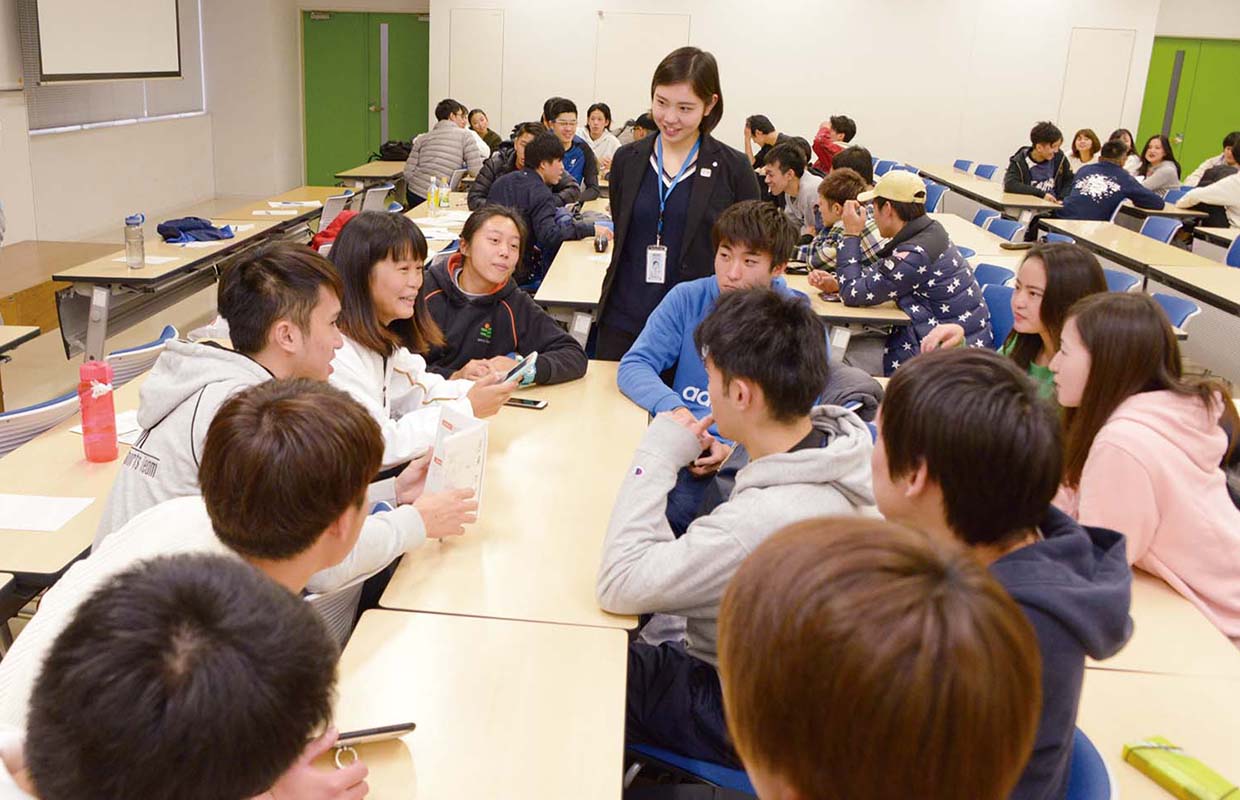 Understand the importance of communication in sports.
Understand the importance of communication in sports.
Sports and communication are tightly connected to each other, as strong bonds are present among fellow athletes as well as between athletes and coaches, etc. This course teaches effective ways to conduct communication in sports, using video footage and seminars where special instructors are invited to speak. Such video footage includes non-sports material related to bushido, philosophers, and other educational content.
Overseas Sports Instruction Demonstration
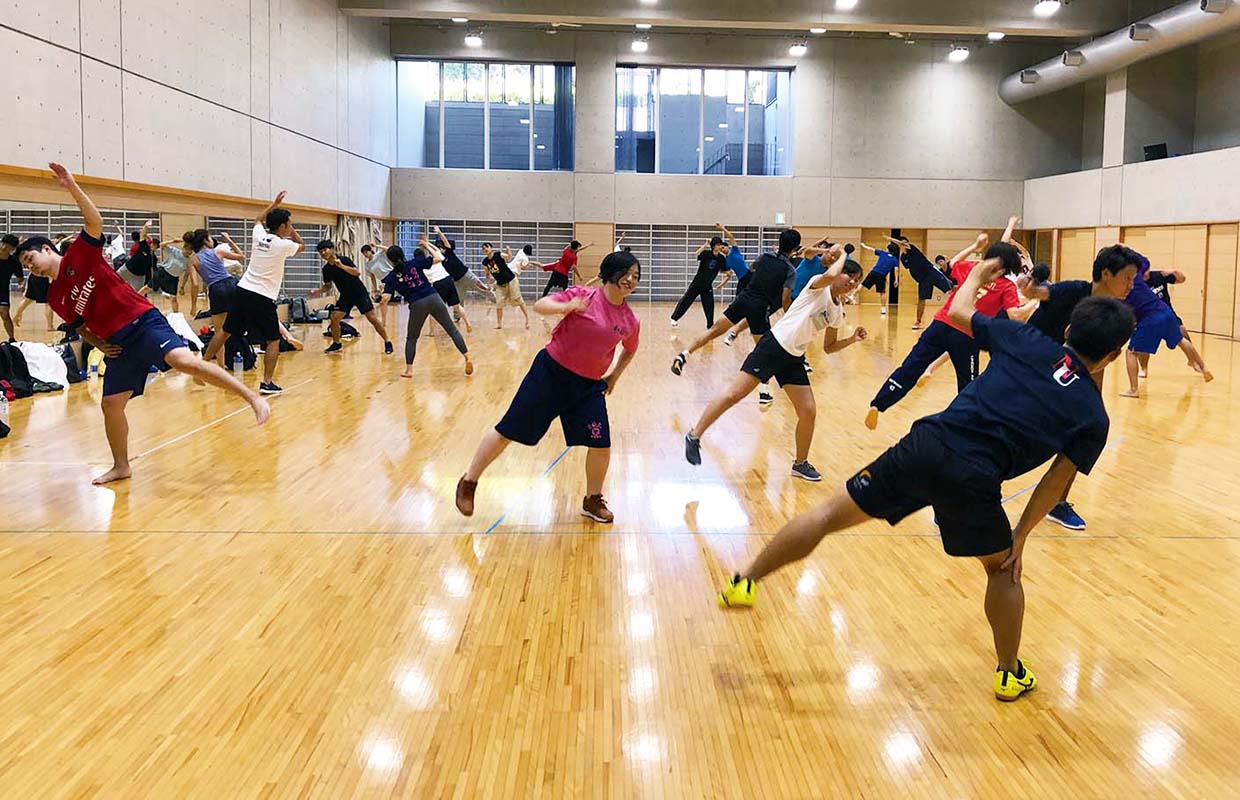 Gain practical instruction skills for teaching in other countries.
Gain practical instruction skills for teaching in other countries.
This course uses the physical exercise learned in the course Exercise Method: Fitness Exercise (Exercise) during the first year as well as other original exercise routines to teach students how to provide exercise instructions properly in other countries. To train their English communication skills, the students are broken up into groups to simulate the actual teaching environment. This is a compulsory course for all students intent on participating in International Sport Practicum.